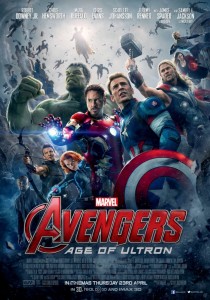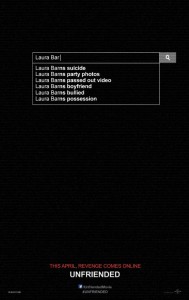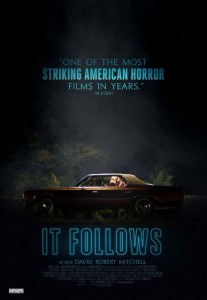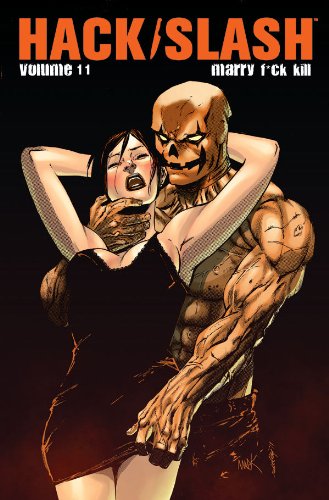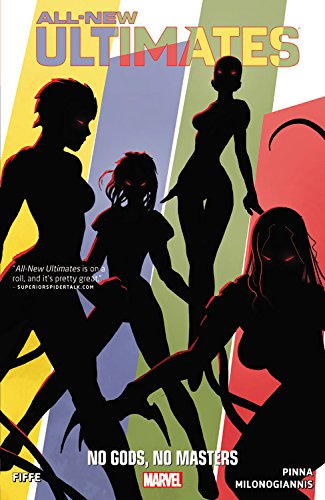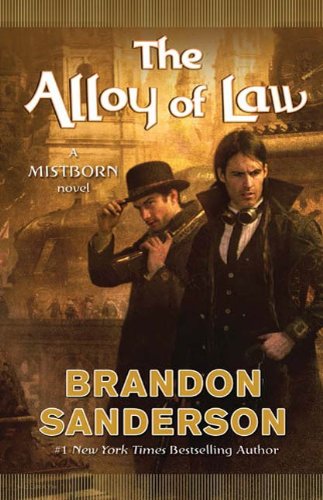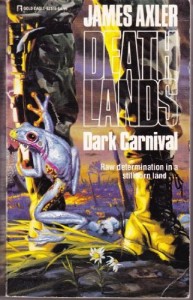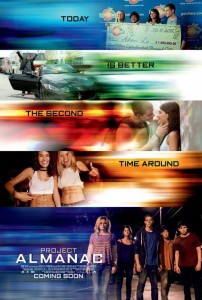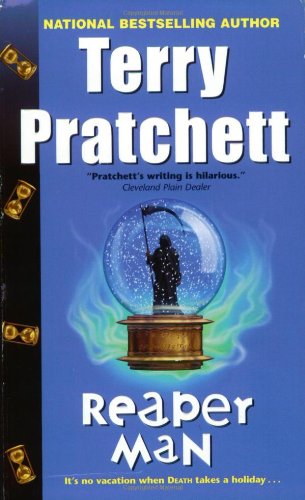 The odds that you are a) reading this and b) do not know that Sir Terry Pratchett died last month or b’) why that is tragic and relevant are astronomically low. I’d have read the next Discworld book soon regardless, but I read it sooner still because of the tribute factor that seemed necessary. And then I’ve sat on it for a week or more, because… well, this is not a because that can be finished in the back half of a sentence.
The odds that you are a) reading this and b) do not know that Sir Terry Pratchett died last month or b’) why that is tragic and relevant are astronomically low. I’d have read the next Discworld book soon regardless, but I read it sooner still because of the tribute factor that seemed necessary. And then I’ve sat on it for a week or more, because… well, this is not a because that can be finished in the back half of a sentence.
I guess the first thing to be aware of is that Reaper Man is about Death. “I know, I know,” the hypothetical you who is reading this review without being aware of the intersection of facts above is thinking, “of course it is, it says so right there in the name that it’s about death.” Well, by coincidence you’re right, and that’s relevant too, but I mean to say that it’s about the personification of the force of death in the universe, who is about to be forcibly retired by whatever it is that audits the universe, for the crime of being a personification instead of an impersonal force as would be good and proper. So, he decides to take a vacation while he still has the accumulated time off to do that, and then everything stops dying, with probably less predictable results than you’d think.
It’s possible that you’ve already spotted what happened to me over this book, but us nodding knowingly at each other across the miles of fibers and routers is not really the stuff of which a good review is made, so I’ll pretend you have not and continue. You see, I’m reading this book, by an author I like and I know many of my friends love, who has recently died, and the book is about death. About not wanting to die, or about living beyond your term and trying to decide how good or bad that news is, about the impact of death on the world, about the impact of no death on the world.
So, you know what happened, right? I was disappointingly, but also inevitably, underwhelmed. How could I not have been?! Perfect storm, right? But it wasn’t just that. See, the book has three completely unrelated stories in it. There’s the Death on holiday thing I already mentioned, and a wizard who has lived on past his appointed time, and a threat to Ankh Morpork (the biggest city on Discworld) that the other wizards must band together to fight. And okay, I technically lied. All of these events are caused and/or affected by each other. But from a story viewpoint, no. They are not intertwined, they barely come together, and the city threat / wizard fight story that does the most to bring them together at all is by far the worst.
Basically, what I figure is, he had two really good story ideas (and they are, both of them, quite good!) that he figured were each too short to hold a book, but since they were related they could be tied together… and then he came up with nothing much of a much at all for how to accomplish that. But some editor incorrectly thought the joining story was funny and/or relevant, and here we are, with the worst tribute review in history.
Sigh.
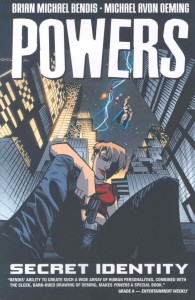 A thing you may or may not know is that there is a TV show based on the Powers series of comics. It is available to Playstation Network users, which gives you an idea of just how variegated (or perhaps I should say splintered) the streaming landscape looks these days. But hey, people are making enough money to get more and more niche-interest programming created, and that’s fine by me. I’ve only watched one episode so far? But that’s what summer is for.
A thing you may or may not know is that there is a TV show based on the Powers series of comics. It is available to Playstation Network users, which gives you an idea of just how variegated (or perhaps I should say splintered) the streaming landscape looks these days. But hey, people are making enough money to get more and more niche-interest programming created, and that’s fine by me. I’ve only watched one episode so far? But that’s what summer is for.